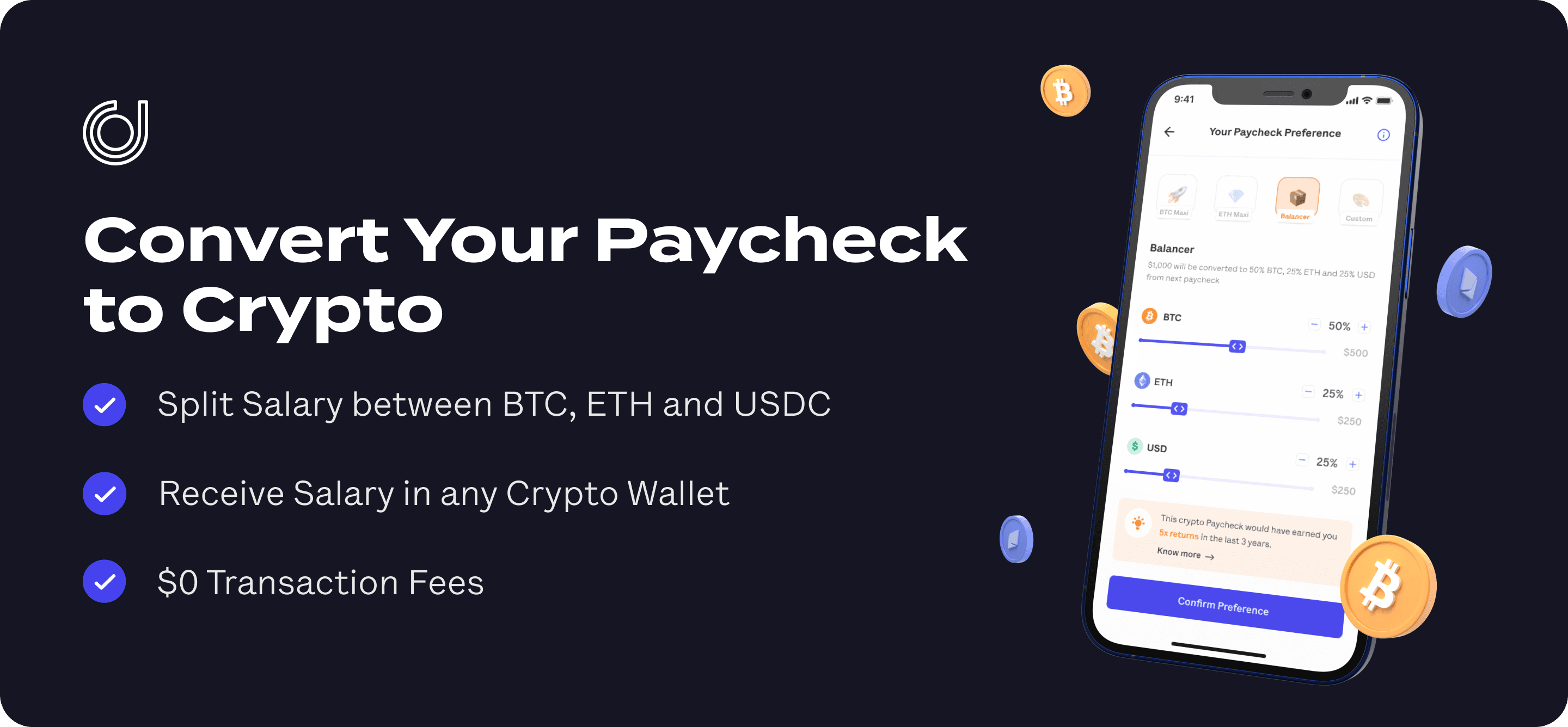Personal Finance
•
10 mins read
•
December 21, 2021
Secured vs. Unsecured Loan: What’s the Difference?
Planning to apply for a loan any time soon? Before you do anything else, have a quick look at the differences between secured and unsecured loans, and our take on what might be the better option for you.

Let’s face it: life is filled with monetary requirements. While a few might be able to fall back on life
to pay for a house, a new car, or a university degree, many cannot afford to do so, and have to rely on credit that has to be paid back over time.
Fortunately, there are different kinds of loans to match the variety of life situations we usually find ourselves in. These options can be broadly divided into two: secured and unsecured loans. Let’s do a secured vs. unsecured loan comparison.
Secured Loans: An Overview
What is a Secured Loan?
A secured loan is sanctioned by banks and other financial institutions in the case that an asset such as property, bond, or stock is provided as collateral. The amount of money provided as a loan is protected in that the lender holds the collateral until the loan is fully repaid with interest, and even has the right to sell the collateral in case you are unable to pay back the full amount by a fixed deadline.
are the most common examples of secured loans. These loans are used to purchase, build, or maintain a house or any other kind of real estate. In such cases, the property being financed serves as collateral to secure the loan.
You, the borrower, would then repay the principal amount plus interest over several years until the property is free of the lender’s equity. In a
, on the other hand, you provide a previously built house — one that is owned by you or one you have equity in — as collateral.

Are Secured Loans a Good Idea?
Secured loans are good news as long as you have the collateral to get the loan sanctioned and are confident of your ability to pay the installments on time. But if you can only arrive at question marks when you think of these two factors, a secured loan might be a bad idea for you.
While being a few weeks late on a single payment may only result in a late fee, it would hurt your
and credit history for
. If, on the other hand, you
, the lender can
on the property secured as collateral. In the case that the property fails to cover your debt, you would have to find the remaining elsewhere.
Secured Loans: Advantages and Disadvantages
There are three key advantages of getting out a secured loan:
1.
Low interest rate:
In the dilemma of choosing between a secured vs. unsecured loan, the former is more attractive when we look at the interest rates offered. Since they use collateral as security, secured loans can bear to demand low interest rates.
2.
Large loans:
The amount of money sanctioned through the loan depends on the value of the collateral provided. Therefore, you can easily secure large sums as a loan by providing a very valuable property as collateral. For example, consider you are loaning against your home and the lender allows an loan-to-value ratio (LTV) of 80%. In that case, you could borrow $80,000 for a home worth $100,000.
3.
Credibility:
Timely payments on your loan can help you maintain a good credit history and credit score, which would help your future encounters with the same lender.
Now, here are two ways in which a secured loan might be disadvantageous for you:
1.
Foreclosure:
As discussed in the previous section, not paying your installments may force the lender to foreclose on your property.
2.
Impact on credit score:
Repeatedly missing out on paying for your loan can hurt your credit score.
Unsecured Loans: An Overview
What is an Unsecured Loan?
Unlike a secured loan, an unsecured loan does not need you to offer collateral to get it sanctioned. Due to this lack of assets to recover the costs from and the resulting risk to the lender, these loans generally have higher interest rates in a secured vs. unsecured loan comparison.
In the absence of collateral, the loan is sanctioned primarily based on the following factors:
1.
Character:
Your credit score, employment history, and
are used to judge your creditworthiness.
2.
Capital:
Borrowers tend to make sure you have the means to pay back the loan and would want to examine your money in savings and investments for this reason.
3.
Capacity:
Your income and current debt are also examined to see whether you are in a position to pay back the loan.
4.
Conditions of the loan:
The terms, such as the principal amount requested as a loan, the interest rates, and how you are planning to spend the money, are also evaluated before the loan is sanctioned.
Education loans happen to fall under this category. The money procured through such a loan is used to pay for any expense associated with your education, such as tuition fees, accommodation, food, and books.
While both the government and private firms offer student loans, the latter have far higher interest rates. Federal student loans are either subsidized, where the government pays the interest until you complete your degree, unsubsidized, or PLUS loans.
(PLUS) are available to the parents of dependent undergraduate students, and to graduate and professional students as well.
Are Unsecured Loans a Good Idea?
For those of you looking for
, unsecured loans may be a good idea. You don’t have to waste time looking for worthy collateral, but can get your loan approved quickly and benefit from immediate cash. If you don’t have properties to put up as collateral either, then this is the best option for you. But remember that unsecured loans come with very high interest rates and you would be repaying far more than you had loaned in the first place.
Unsecured Loans: Advantages and Disadvantages
Here are the advantages of an unsecured loan:
1.
Less risky:
Since this kind of loan does not need you to offer valuable properties as collateral, you are free from the risk of your assets being foreclosed.
2.
No need for collateral:
A lack of the need for collateral means that you can apply for an unsecured loan even when you don’t have valuable property to provide. All you need is a good reference and a
.
3.
Easier application process:
Secured loans have lengthy application processes owing to collateral valuation. Unsecured loans, on the other hand, have fairly simple application processes.
However, unsecured loans do come with some disadvantages:
1.
High interest rate:
In the absence of collateral as security, it is only to be expected for the latter to have higher interest rates in a secured vs. unsecured loan comparison.
2.
Strict qualification process:
Organizations would hesitate to grant you a loan without collateral. Therefore, it is often very difficult to qualify for one unless you are considered creditworthy.
Secured vs. Unsecured Loan: Which is Better?
The secured vs. unsecured loan comparison is not as easy as it seems, and you cannot simply choose and proceed with one without reviewing your circumstances.
Both secured and unsecured loans are not available for you in each situation either. For example, education loans are exclusively unsecured loans and you cannot get those benefits in a secured loan.
Therefore, if you are someone who needs a large amount of cash and has properties to offer as collateral, then secured loans might be more suitable for you. But if you only need a small amount for a short period, are ready to pay high interest, and do not have collateral-worthy properties, what you may need is an unsecured loan.

Gopika K A
Gopika is an English honors graduate from Kerala. A writer by passion and a perfectionist by spirit, she'd choose the fictional world over the real one any day.

